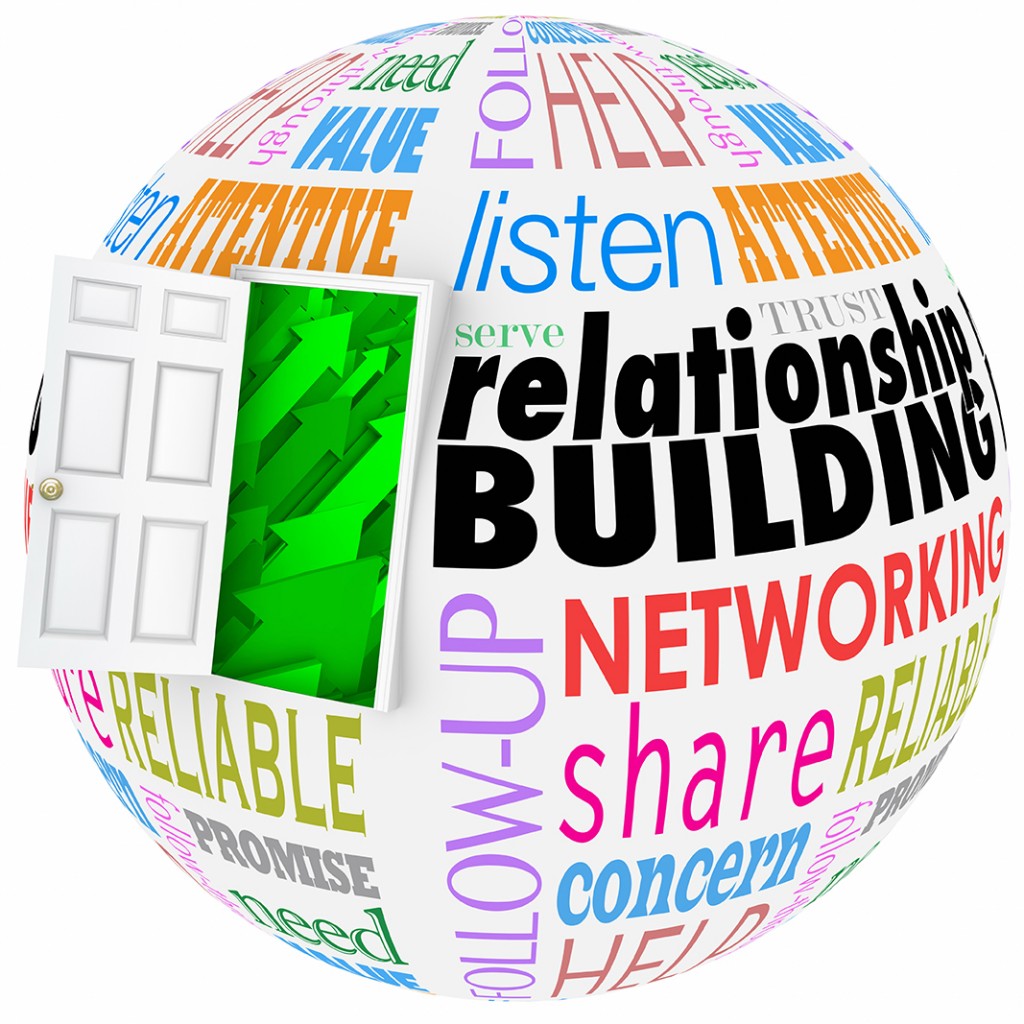
Such notable companies as Uber, Amazon, and Salesforce have all invested heavily in artificial intelligence that can be used to automate sales and marketing. This includes digital assistance, language processing interfaces, and in particular, predictive analysis. Certainly, computers can take orders and even suggest products and provide customer service. It appears as if many large enterprises intend to have their customers mostly interface with machines.
Just last year, Amazon opened up a new kind of grocery store that lets customers make purchases without interfacing with any humans at all.
The surprising news is that Amazon just purchased Whole Foods, a chain formerly noted for its friendly cashiers and smiling baristas. Since Amazon gained fame as the company that killed the mall, it’s not shocking that some people wonder if this truly heralds the end of relationship selling.
A recent report for the U.S. National Bureau of Economic Research looked at the cost of exchanging human labor for programmable machines in manufacturing, agriculture, research and development, and education:
- The study found that each robot added reduced employment by 5.6 workers.
- For every 1,000 workers, one robot could reduce wages by between one-quarter and one-half of a percent.
Welcome to the New Era of Relationship Selling
Relax, artificial intelligence and other new technology won’t kill relationship selling. First, it’s important to understand that relationship selling works because customers believe a positive interaction with a company representative offers them value. It does seem likely that fewer customers will interact with people during typical transactions. Perhaps because there may be fewer interactions, those that are made will become increasingly critical.
For salespeople, this topic raises a couple of important questions:
- How do salespeople, consultants, and other professionals who depended upon relationship building adapt to this new reality?
- In today’s fast-paced business world, how do you get customers to still see the human element as valuable?
Wayne Moleney, of Strategic Selling Group, says that effective salespeople will need to position themselves as solution providers and partners with their customers in order to retain value. These will be the people that consumers will still turn to when they need relief from pain points.
In order to effectively build relationships in this age of marketing and sales tech, thriving salespeople will need to:
- Learn about customer’s companies and industries.
- Review available data in order to personalize communications and marketing.
- Help customers with networking and information by passing on useful contacts, even if they don’t directly help to close a sale.
- Remain willing to turn down a sale if the best solution lies somewhere else.
In other words, thriving salespeople will make themselves value as a credible and helpful consultant and not just as somebody who wants to take an order. Once this becomes a habit, it’s actually a more enjoyable relationship for both customers and salespeople.
Relationship selling is still alive and well. Of course, people would still rather spend money with companies or people that they like and admire. Even when sales teams are armed with the best sales acceleration tools, that technology is only truly useful when it helps people develop relationships.
Author: Matt Stanton, VP of Sales, ConnectLeader
Related Posts
8 min read
How to Run Virtual Sales Meetings with AI-Powered Collaboration Tools
Mar 6, 2025 by Koncert Marketing
6 min read
Why SDRs Struggle with Productivity and How AI Flow Dialers Solve It
Mar 4, 2025 by Koncert Marketing


